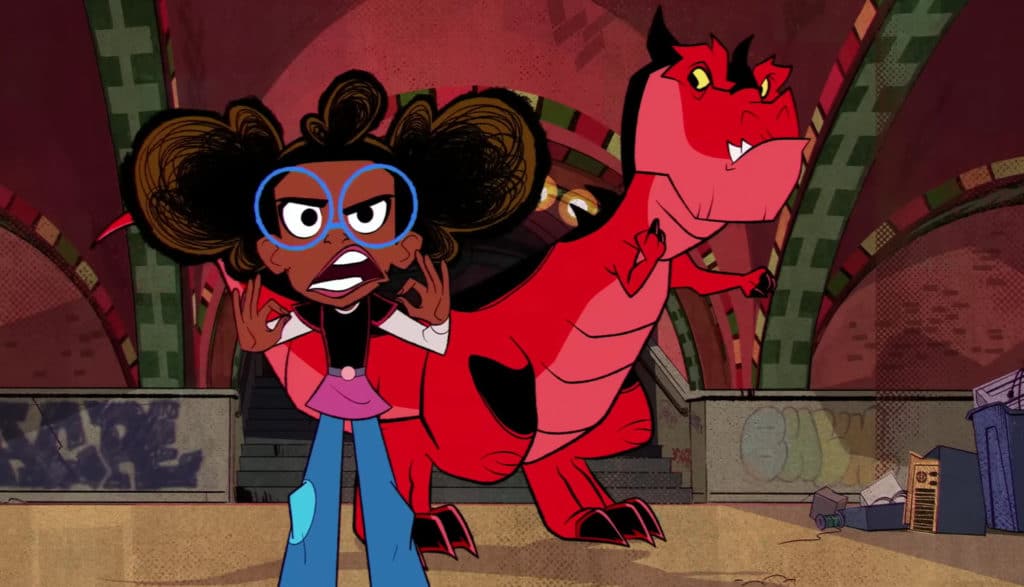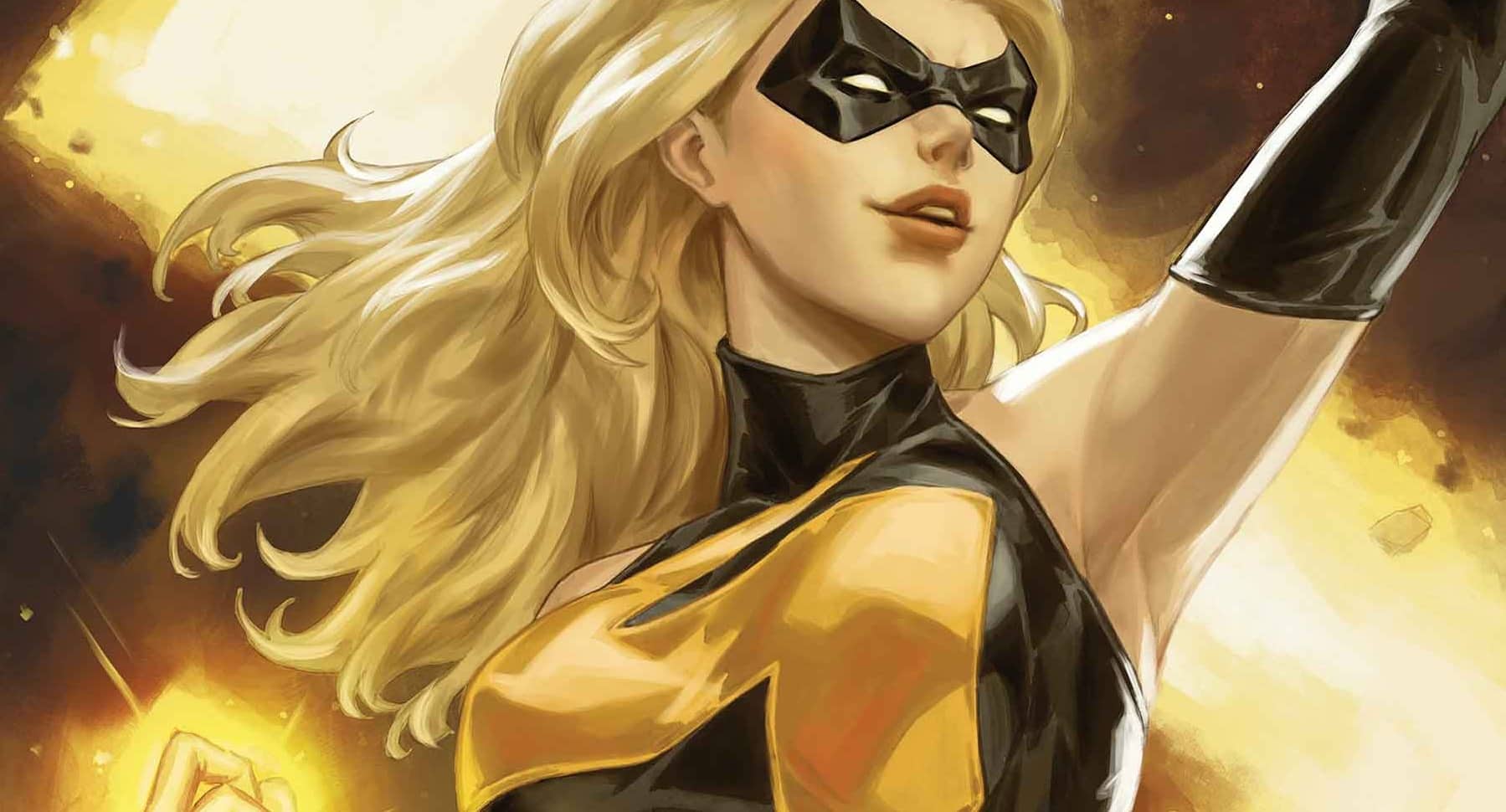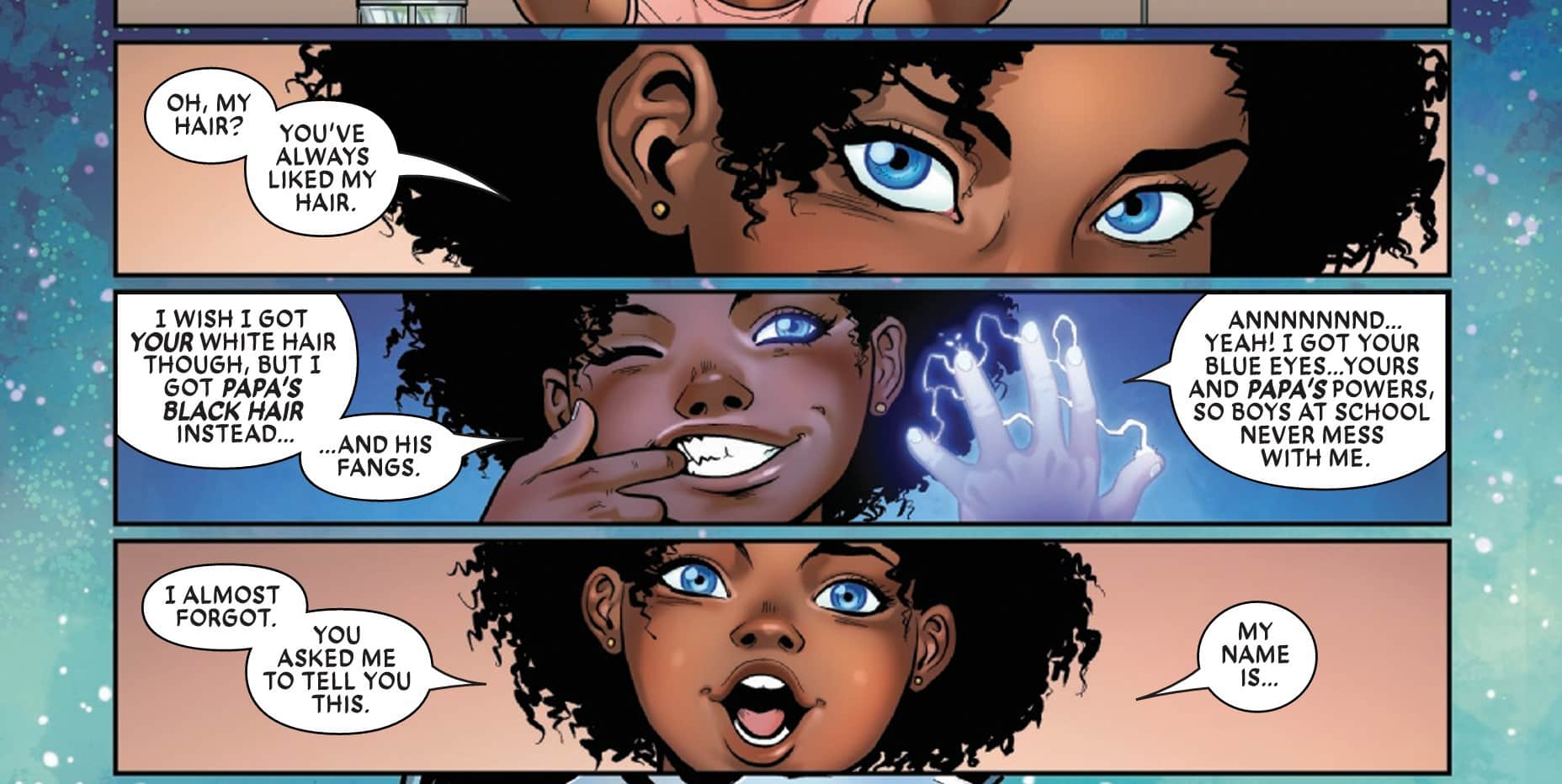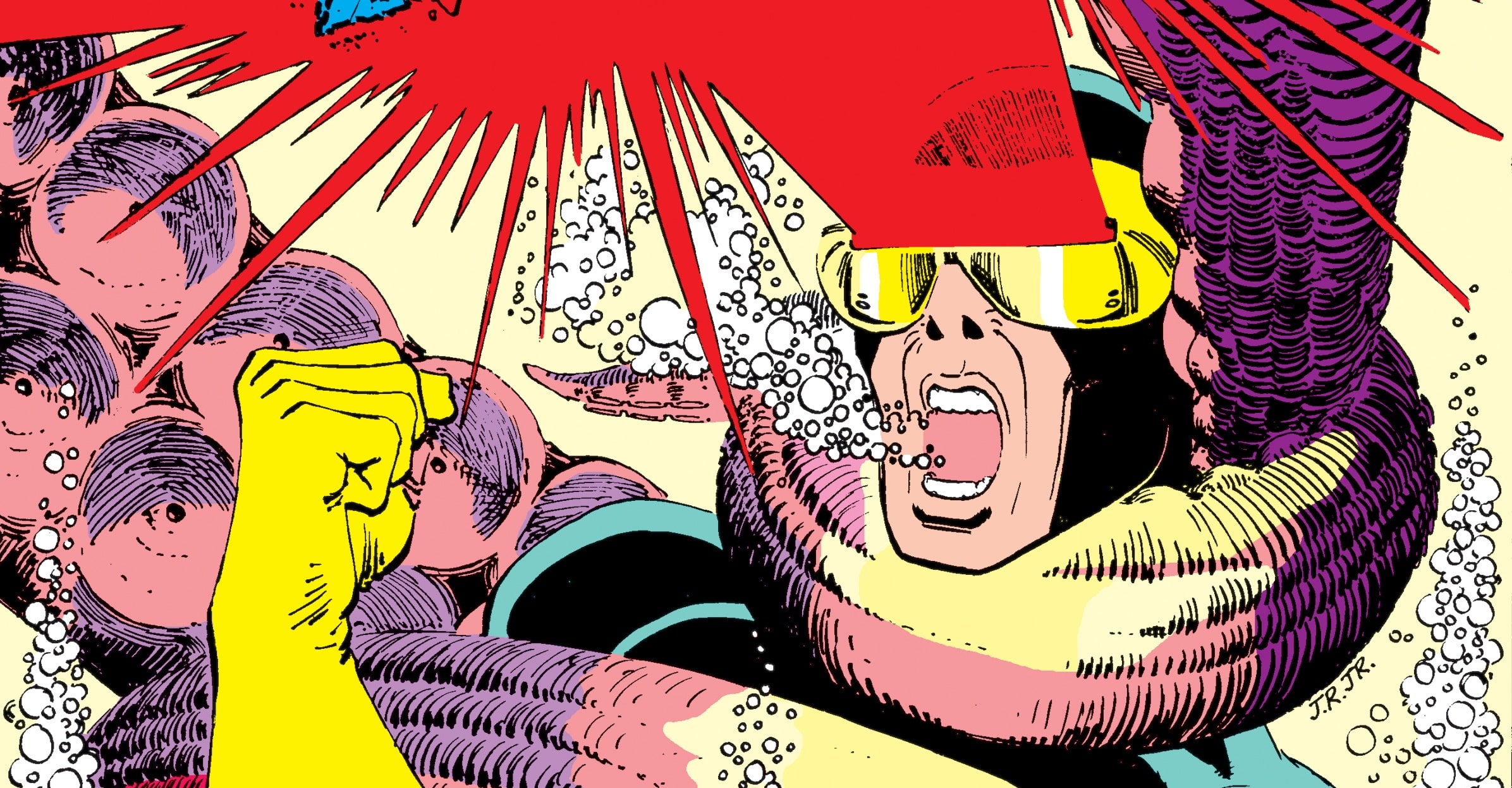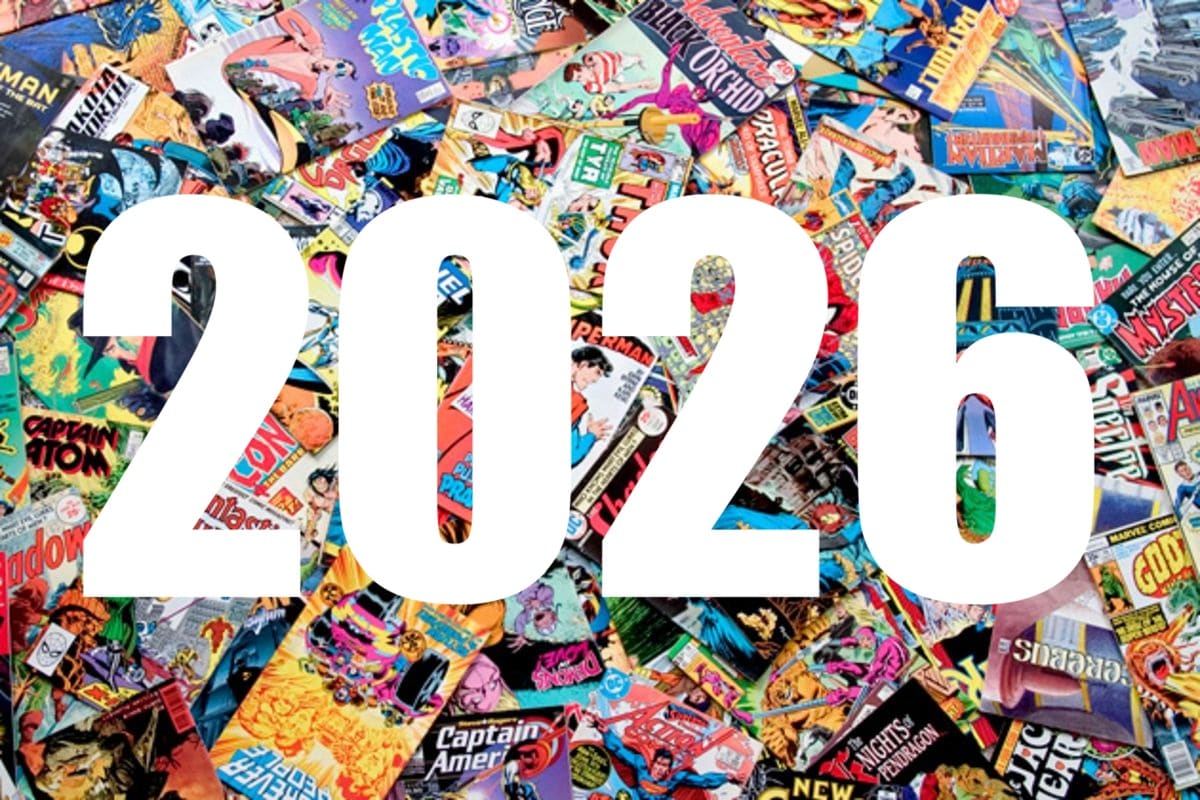Last night, I saw the unfortunate news that the Disney animated series Moon Girl and Devil Dinosaur had been canceled after only two seasons. Gabi Rode, the show’s storyboard artist, confirmed the cancellation, stating in a tweet, “What sucks is that a bunch of us at Disney knew about this for so long but couldn’t outright say it. The [Moon Girl and Devil Dinosaur] production area was a ghost town for over a year.”
For those not in the know, Moon Girl and Devil Dinosaur was adapted from the Marvel Comics series of the same name. The animated series focused on 13-year-old Lunella Lafayette, a genius Black girl living in New York who accidentally opens a portal, unleashing a gigantic red tyrannosaur. Lunella decides to become the superhero Moon Girl and team up with the giant dino, naming him Devil Dinosaur. Together, they fight a colorful array of supervillains and keep their neighborhood safe.
One of the things that made this series special is that it was a standalone series that was mostly disconnected from the Marvel Cinematic Universe. Characters such as Kid Kree or the Beyonder might appear in an episode or two, but you didn’t need to know about these characters, Lunella Lafayette or Devil Dinosaur beforehand. It was approachable to younger audiences who are new to comic books, but also appealing to adults who had MCU fatigue.
Another notable aspect of this show was its diverse cast of characters. Not only did you have a Black girl and her family as the leads, but you also had Casey Calderon, a social media-savvy Jewish Puerto Rican girl, as Lunella’s best friend. The supporting and recurring cast of characters was also well done, especially when it came to Lunella’s classmates. Some personal favorites were Eli, a Black wheelchair user and STEM student, and Brookyln, a trans Latina girl. All of these characters were voiced by a cast that included Diamond Rowe as Moon Girl, Alfre Woodard as Lunella’s grandmother Mimi and Indya Moore as Brooklyn.
Through these characters, the show told stories of superheroing and coming of age in equal measure. One of most memorable episodes of season 1 was titled “Hair Today, Gone Tomorrow,” in which Lunella must learn to take care of and love her natural hair after it becomes sentient when she tries to straighten it. As an experience unique to Black girlhood, it sends a positive message to Black girls who are often taught to hate their hair.
Another notable episode in season 2 is “Make It Don’t Break It,” which features Lunella getting an overbearing Wakandan science teacher. The episode serves as a powerful depiction of academic pressure and anxiety, with one of the best fictional depictions of a panic attack I’ve ever seen.
Last but certainly not least, the show’s eclectic soundtrack rivals that of the movie Spider-Man: Into the Spider-Verse. Produced by Raphael Saadiq, songs like the opening theme “Moon Girl Magic” and Eli “Paperboy” Reed’s “I Came to Play” enhance Lunella’s character and her superhero battles in a catchy, fun way that provides many bops. With the exception of the Spider-Verse films, no other Marvel show or movie has a soundtrack this compelling.
Together, the premise, characters, storylines and soundtrack make this show amazing, earning it a perfect score on Rotten Tomatoes. This makes the show’s cancellation baffling and disappointing, especially because it still had so much more to do. Before season 2 premiered, executive producer Steve Loter stated that season 3 was already written, but it needed to be greenlit by a high viewership of the season 2 premiere on Disney Channel and Disney Plus. However, you can’t view what you don’t know about, and the marketing for the show has been lackluster.
To date, the marketing campaign has included trailer promo at San Diego Comic Con and New York Comic Con in 2021 and 2022, Funko Pops released in 2023 and a 2024 graphic novel titled Wreck and Roll published by Scholastic written by Stephanie Williams and drawn by Asia Simone. Meanwhile, Moon Girl and Devil Dinosaur hasn’t had an ongoing comic book series since 2019, when Brandon Montclare and Natascha Bustos’ 47-issue comic book run ended. Since 2020, Moon Girl has only appeared in the aforementioned Scholastic graphic novel and one limited series titled “Menace on Wheels,” written by Jordan Ifuenko and drawn by Alba Glez.
On top of the tepid marketing, the fact that Disney decided to play a viewership numbers game with season 3 is deplorable. Back in the day, Disney used to have a rule that any live-action or animated show could only run for 65 episodes. Not only is that rule no longer in effect, but part of the reason for this is because one of their most popular racially diverse shows broke that rule by becoming a big hit: That’s So Raven. Telling the coming of age tale of a African-American teen psychic, the show ran for 100 episodes, got a spinoff (Corey in the House), and a sequel series that ran for 122 episodes (Raven’s Home). The fact that such a popular and critically acclaimed show could do this in the 2000s and Moon Girl isn’t being given the chance to do so now is an unfair waste of potential.
If Moon Girl and Devil Dinosaur were truly invested in as a series by Disney and Marvel, they’d realize these characters’ potential rivals that of Miles Morales. A Moon Girl-Miles Morales team-up in any media would’ve been dope and makes sense because they both live in New York and love music. Not only could Moon Girl have continued as an animated series, but this duo could have had an animated film, a new ongoing comic book series and more video game appearances. As much as I love having a Moon Girl and Devil Dinosaur-inspired Marvel Snap deck called “Moon Girl Magic,” I would also love to control Lunella and Devil Dino in an action RPG video game.
In the end, Moon Girl and Devil Dinosaur was too magical to be canceled. It had all the ingredients of a hit and lots of love behind the scenes, but all too little love from its parent company. Maybe Lunella can still make a comeback, maybe not. All I know is that once the last 10 episodes of the show air in February, I will miss it.
For more on Moon Girl and Devil Dinosaur and the pulling of an episode centered on trans character Brooklyn, click here.
Latonya "Penn" Pennington is a freelance contributor whose comics criticism can be found at Women Write About Comics, Comic Book Herald, Newsarama and Shelfdust, among others. Follow them @wordsfromapenn.com on Bluesky.

